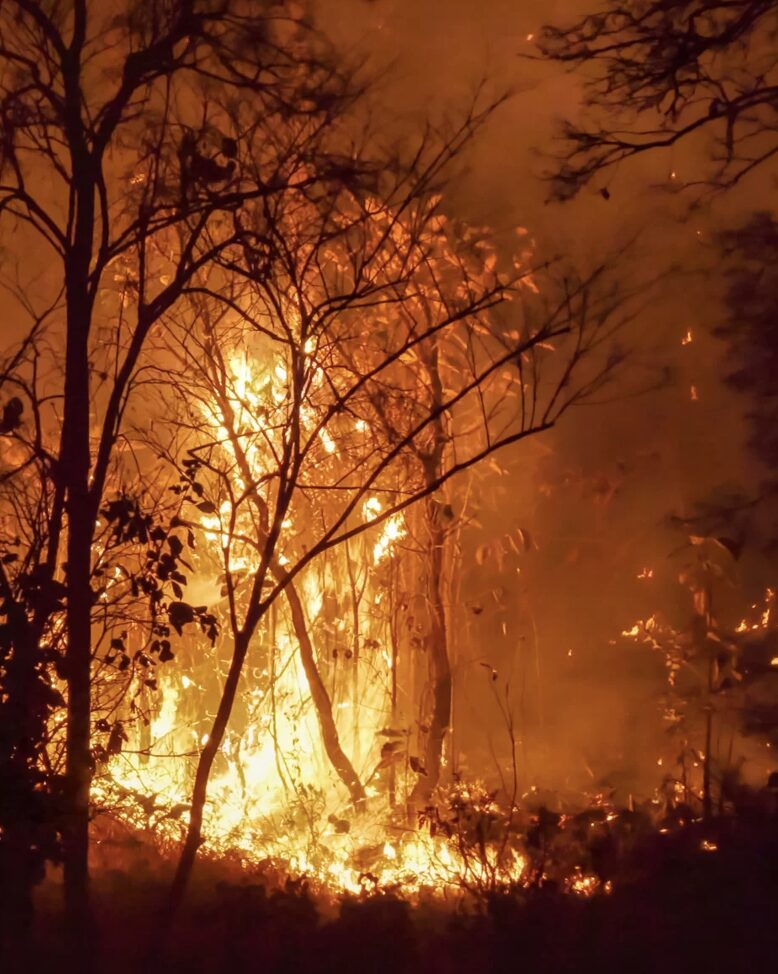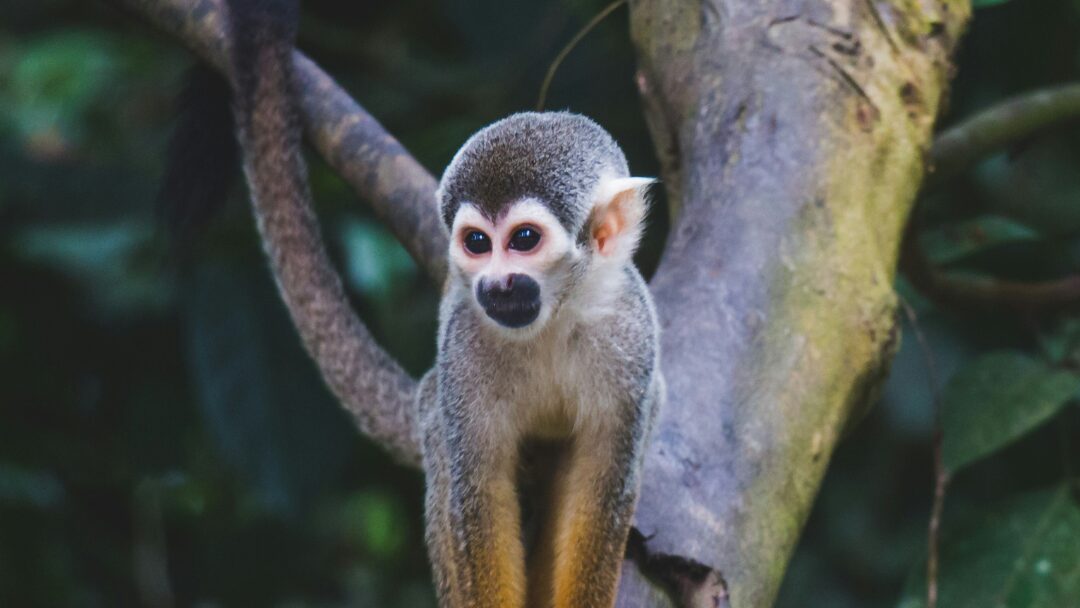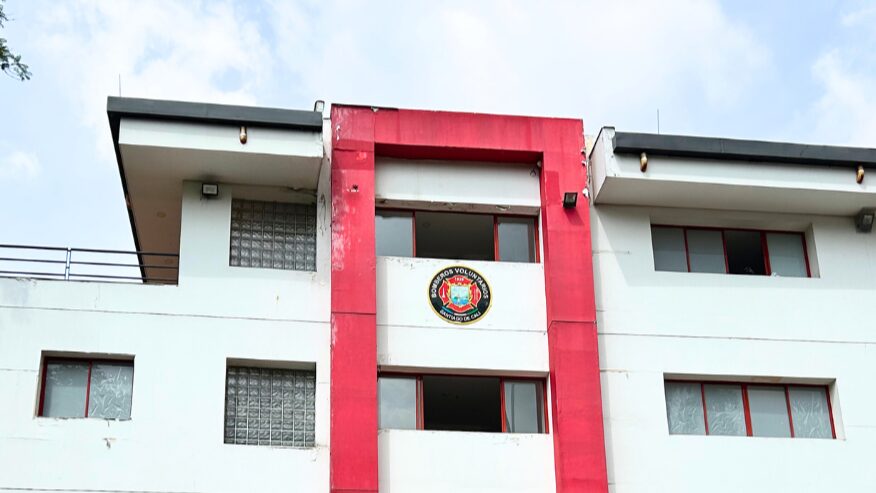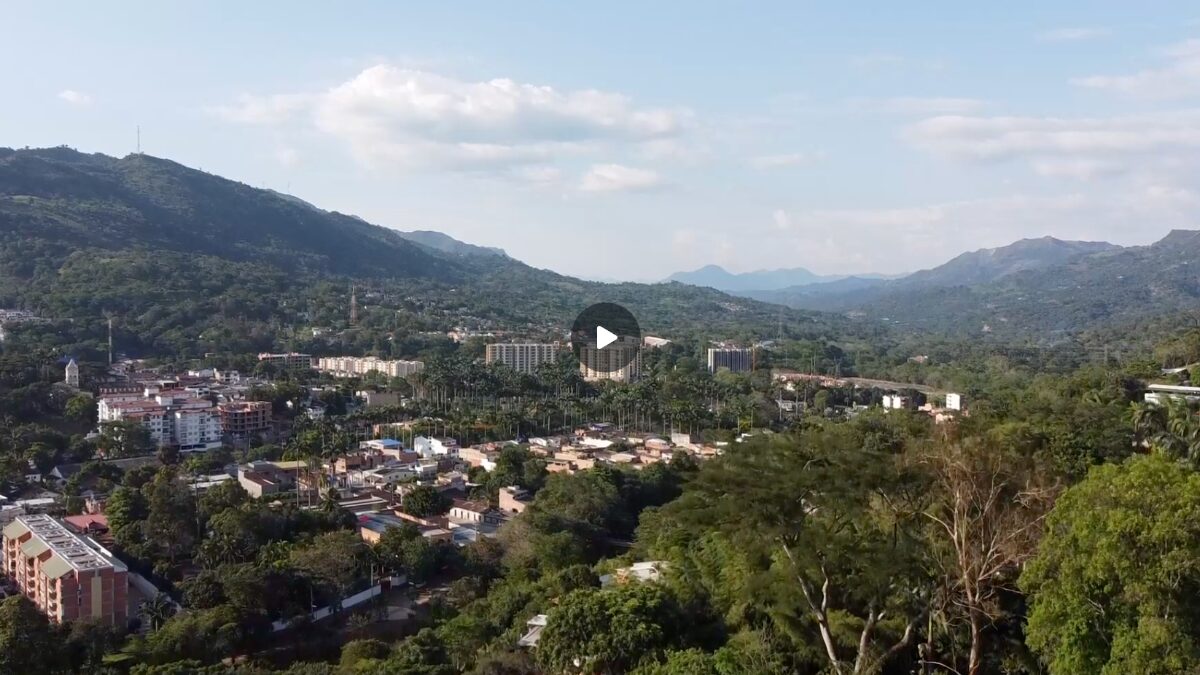Wildfire in Latin America
If you’ve been following Conservation Biology Institute’s work, you already know that wildfires are essential processes in many ecosystems, playing a fundamental role in sustaining and evolving biodiversity. However, rapid global changes in climate, vegetation, land use, and land management are shifting fire regimes beyond their natural variability ranges. As a consequence, extreme wildfires are becoming increasingly frequent and severe, causing large-scale human, economic, and ecological losses. In recent years, the planet has witnessed disastrous fires that have significantly altered natural fire regimes impacting many species, destroyed thousands of human-built structures, displaced entire human communities, and caused severe impacts on human health due to persistent and widespread smoke.
In Latin America and the Caribbean (LAC), uncontrolled fires have transformed landscapes, significantly affecting societies, economies, and the environment. The alteration of fire regimes is leading to profound ecological transformations, particularly in the tropical areas of the continent, posing serious threats to biodiversity and driving species extinction. Wildfires are also altering essential ecosystem services on which humans depend, such as clean air and water supply, soil stability and fertility, climate regulation, numerous cultural services, and more. While climate change is driving the frequency and severity of wildfires, wildfires themselves impact climate change by releasing significant amounts of greenhouse gases and causing the reduction of previously stable carbon sinks.

While LAC may seem far away to many of us that live in the northern hemisphere, the impacts of these wildfires are far-reaching. For example, the Amazon is a critical part of the health of the entire planet. Here are just a few ways that the health of the Amazon forests are critical across the globe:
- It is one of the planet’s largest carbon sinks, storing 150B metric tons of carbon, equivalent to 10 years worth of global fossil fuel emissions. Even if the world reduced human-caused emissions enough to get on track to fulfill the Paris Climate Agreement, keeping global warming below a 1.5-degree-C increase from pre-industrial levels, loss of just 20-25% of the Amazon and its stored carbon would put that target out of reach.
- Crops across the planet are dependent on the power of the Amazon’s hydrologic cycle – the forest releases 20B tons of water into the atmosphere each day. Without this, droughts are likely to become significantly more severe in agricultural areas across the globe.
- If you or someone you love has had cancer, they’ve likely been treated with medications that are derived from the Amazon. Of the plants deemed to be useful in the treatment of cancer, 70% only grow in tropical rainforests.
- Those with heart disease in your life are likely taking an ACE Inhibitor medication. This particular medication’s ingredients are derived from a viper species that is native to the Amazon.
- If you like pineapple, chocolate, sweet potatoes and coffee, odds are that what you’re eating is from tropical regions of Latin America.

Despite these challenges, LAC’s technical and financial capacity to address wildfires is limited. There is an urgent need to strengthen governmental agencies, fire brigades, and local communities with effective prevention, management, and recovery tools and strategies. Interdisciplinary research is required to understand and address the geographically varying causes and consequences of fires, as well as to develop regional systems for collecting and analyzing data to support evidence-based decision-making.
Conservation Biology Institute has partnered with the Academia Nacional de Bomberos de Colombia (Colombian National Firefighting Academy), to establish the Centro de Conservación Biológica de Operaciones Forestales (CCBOF- Latin American Center for Biological Conservation and Forest Operations) in Cali, Colombia. The center will develop novel wildfire research, consolidate existing scientific knowledge and data, educate community members on wildfire risk reduction and response, as well as train firefighters in the latest wildfire management approaches. When it is established, CCBOF will be the only resource of its kind in all of LAC.
While we believe we will be able to secure large financial sponsorship from international development banks and foundations, the effort to obtain this financing takes time and resources. CBI has almost never asked for donation dollars in the past, but this effort is so crucial to the health of the planet, and action must be taken swiftly, so- we are asking you for your help. Any amount you can give will get us one step closer to helping LAC build wildfire resiliency for their forests, communities and biodiversity. Thank you in advance for your generosity!

